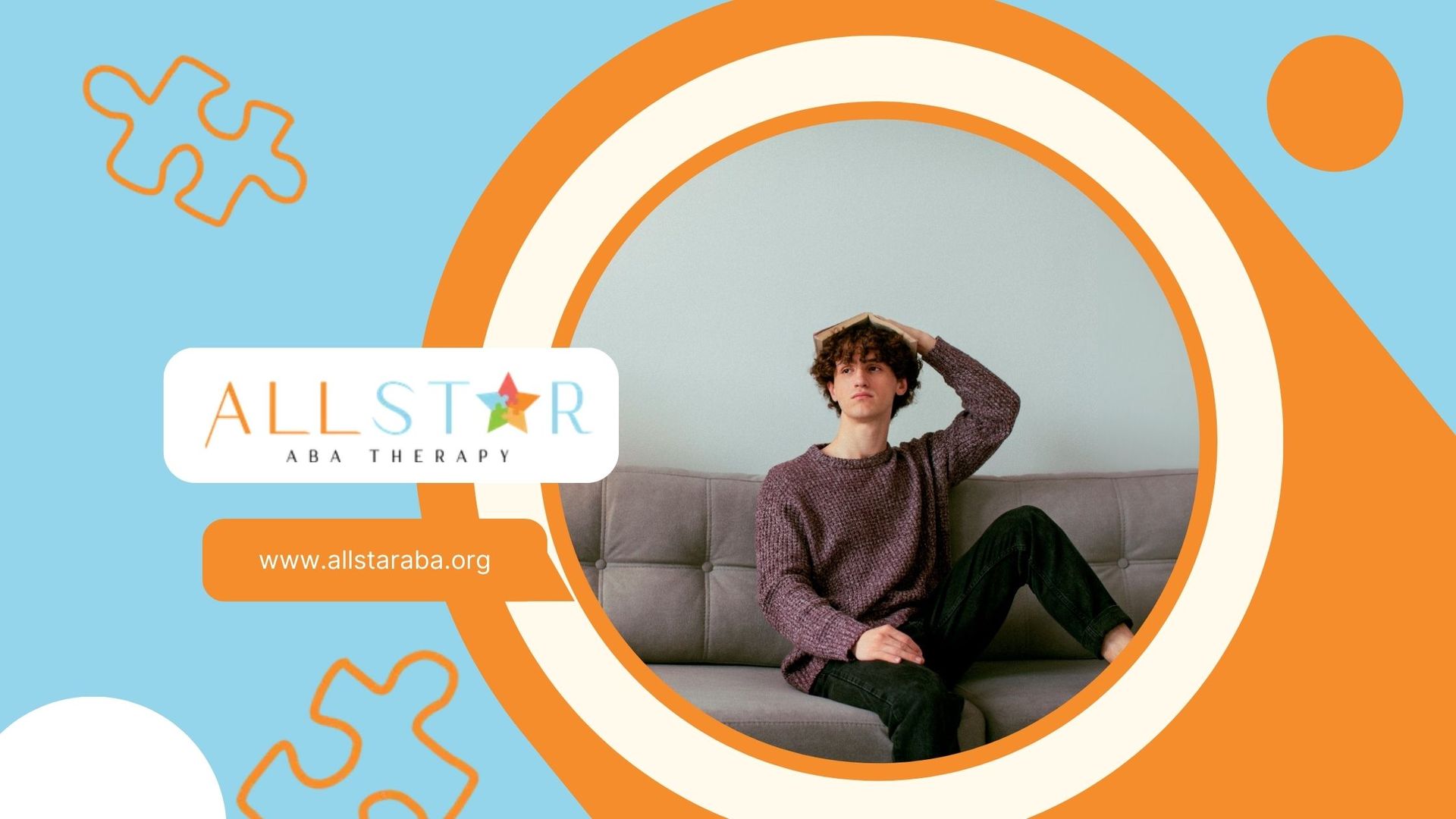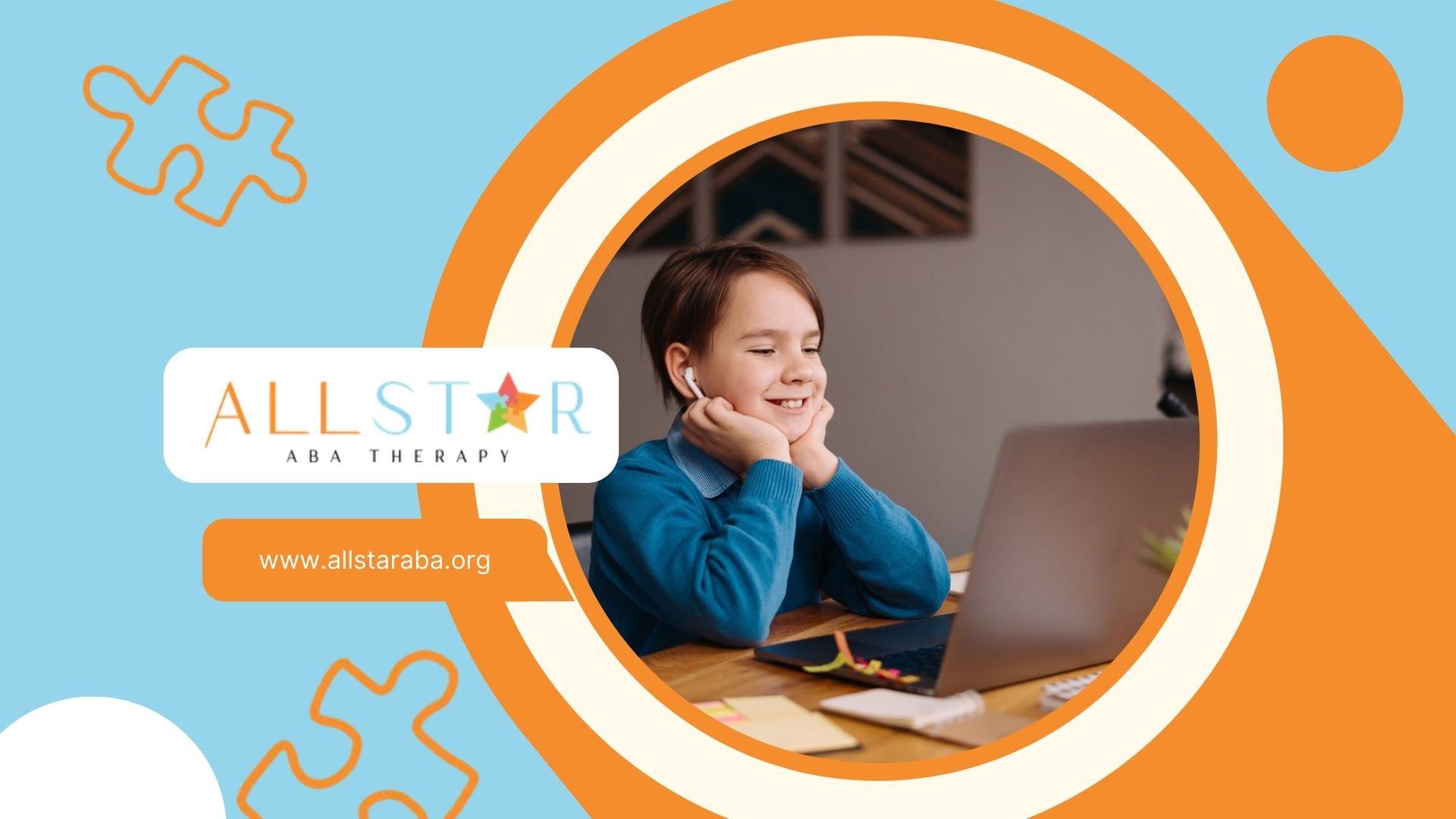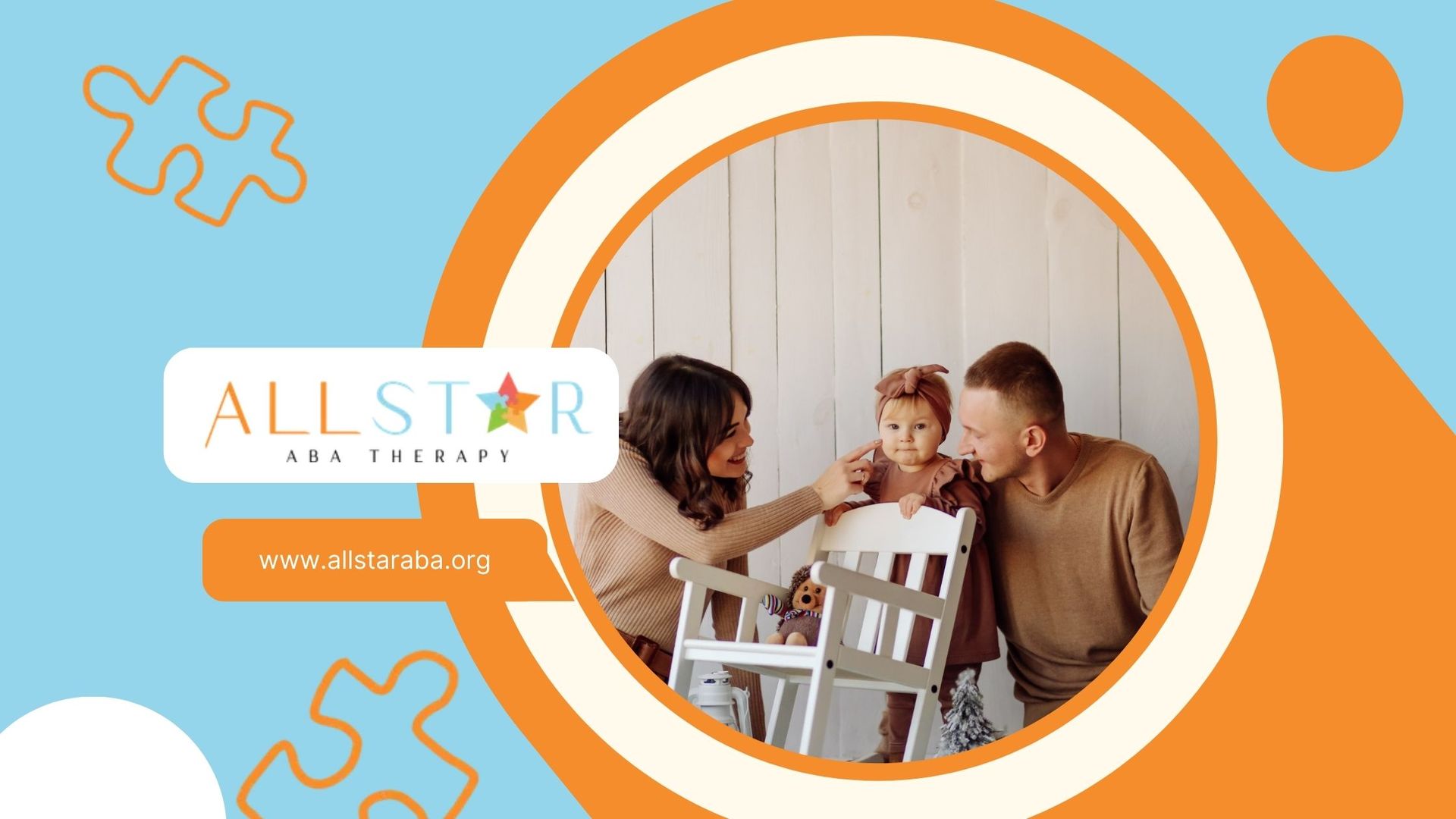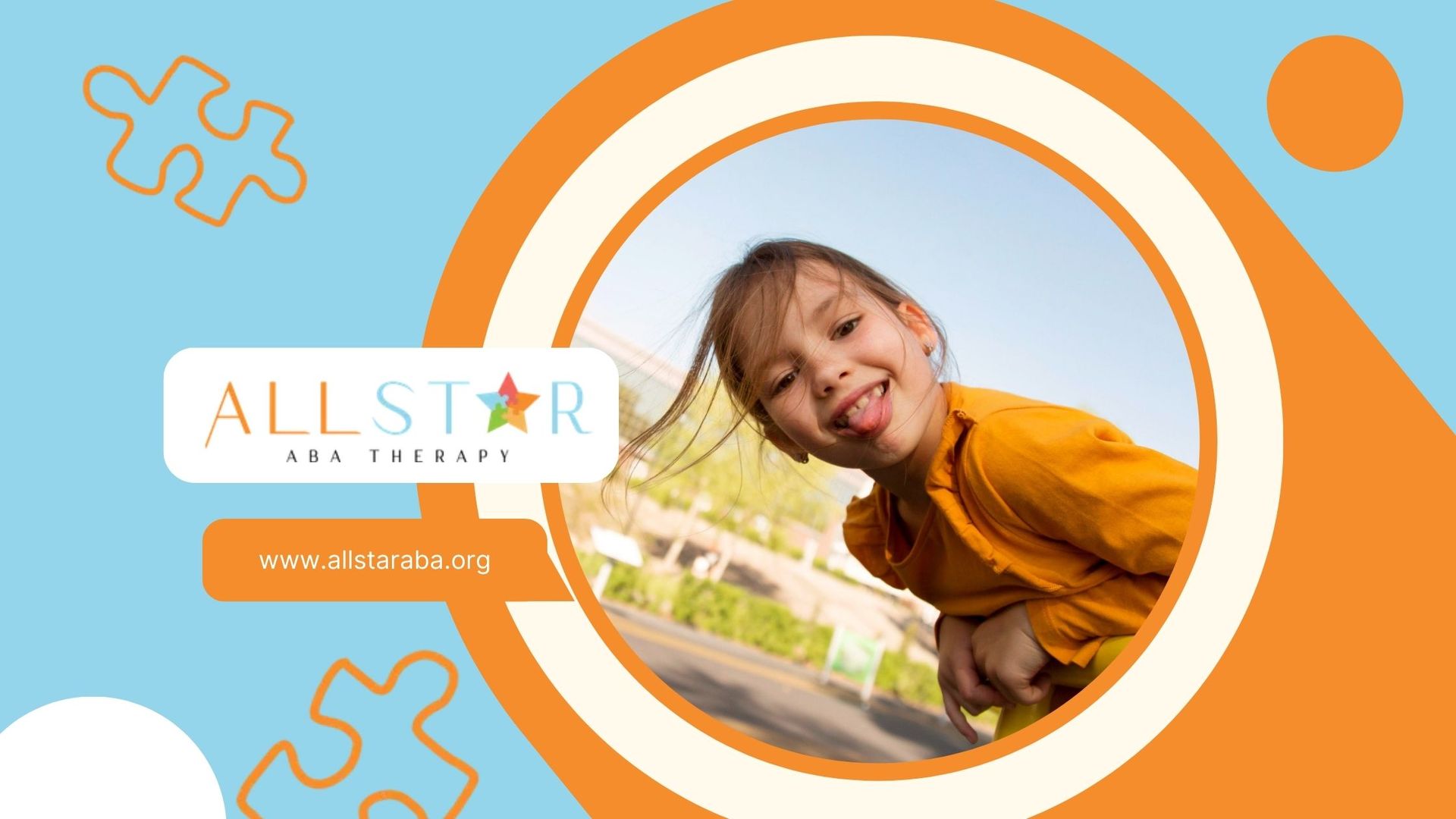New Paragraph
Unique Gift Ideas for Nonverbal Autistic Adults
Shopping for autistic adults in your life doesn't have to be stressful. Understanding the unique sensory needs of autistic adults is key to finding the perfect gift. Finding a gift that brings them joy, comfort, or support daily is truly special. This blog post will explore gift ideas for nonverbal autistic adults that cater to their sensory preferences and encourage engagement.
Understanding Nonverbal Autism
Nonverbal autism is a spectrum, which means that every individual experiences it differently. While some nonverbal autistic individuals might possess some language abilities, others might primarily communicate through gestures, sign language, or visual aids. This can make social interaction and communication particularly challenging at times.
Many nonverbal autistic individuals experience sensory input differently, which can lead to sensory overload in certain environments or situations. They might be highly sensitive to loud noises, bright lights, or certain textures, while simultaneously seeking out specific sensory experiences, such as deep pressure or soft textures.
Finding the right support for your loved one with autism is crucial. If you're seeking an experienced autism therapist near me, consider exploring the resources available in your area. Many communities offer highly qualified professionals who can provide personalized support and guidance.
The Importance of Sensory-Friendly Gifts
Sensory-friendly gifts are designed to provide comfort and engagement for individuals with sensory sensitivities. This type of gift can be incredibly beneficial for nonverbal autistic adults, as it allows them to enjoy sensory stimulation in a safe and controlled manner. This could involve providing them with tools and resources to self-regulate and manage their sensory experiences.
For example, a weighted blanket can provide a sense of security and calmness through deep pressure, while sensory toys, such as fidget tools, can offer a positive outlet for tactile stimulation and help with focus. These types of gifts cater to the unique sensory processing needs of nonverbal autistic adults.
When selecting a sensory-friendly gift, consider the individual's preferences and sensitivities. Some individuals might prefer calming sensory experiences, such as soft textures and dim lighting, while others might enjoy more stimulating sensations.
How to Choose the Right Gift for Someone Who is Nonverbal
Choosing a thoughtful gift for someone who is nonverbal requires a bit of observation and understanding. Consider their interests, hobbies, and routines. Think about the sensory input they gravitate toward and those they tend to avoid.
If you're unsure about their specific preferences, don't hesitate to reach out to family members or caregivers for suggestions. They can offer valuable insights into the individual's likes and dislikes. Ultimately, the goal is to select a gift that aligns with their interests and brings a smile to their face.
Remember, the best gifts are those that show you care and understand their unique needs and preferences as autistic individuals.
Sensory Comfort and Stimulation Gifts
Sensory comfort and stimulation gifts can offer immense benefits for autistic adults. These gifts are designed to provide calming sensory input, reduce anxiety, and encourage relaxation. This sensory input can be provided through a variety of textures, weights, and visual effects.
Whether it's the gentle pressure of a weighted blanket or the tactile exploration of fidget toys, these gifts can help autistic adults manage stress and enhance their overall well-being.
Textured Touch Toys and Blankets
Textured touch toys and weighted blankets are fantastic options for providing a sense of calmness and security to autistic adults. The feeling of deep pressure from a weighted blanket can have a grounding effect, reducing anxiety and promoting relaxation. Explore these comforting and engaging sensory gift options:
- Weighted Blankets: Weighted blankets come in various weights and sizes to accommodate individual preferences. The gentle, distributed weight can create a cozy and secure feeling.
- Plush Toys with Different Textures: Soft, textured toys can provide tactile stimulation and comfort. Look for options with various fabrics like soft fur, smooth silk, or bumpy textures to engage different senses.
- Sensory Toys: Sensory toys such as textured balls, squishy toys, or vibrating toys offer a variety of tactile and sensory experiences.
These gifts can be enjoyed during quiet time or used as a tool to help de-stress in overwhelming situations.
Visual Stimulation Lights and Projects
For nonverbal autistic adults who respond positively to visual stimulation, lights, and projectors are a great idea! These gifts can create a calming and mesmerizing atmosphere to promote relaxation and reduce anxiety. Here are a few options:
- Galaxy Projectors: Galaxy projectors cast beautiful and rotating constellations of stars and planets on the walls and ceiling, creating a serene and captivating environment.
- Bubble Lamps: These lamps provide constant visual movement with colorful bubbles slowly rising, offering a calming visual experience.
- Fiber Optic Lights: These lights offer a mesmerizing display of colorful, gently changing light strands that can be incredibly soothing.
Experiment with different light settings and colors to create a customizable and enjoyable sensory experience.
Communication and Expression Aids
Navigating communication effectively can be an ongoing challenge for nonverbal autistic adults. Thankfully, many communication aids are available to assist them in expressing themselves and interacting with others. These tools can bridge the communication gap and empower individuals to connect on their terms.
From PECS (Picture Exchange Communication Systems) to assistive technology devices, there are many supportive options available. Providing these tools not only facilitates communication but also fosters independence and social inclusion.
Picture Exchange Communication Systems (PECS) Tools
Picture Exchange Communication Systems (PECS) tools are invaluable for nonverbal autistic adults. PECS aids in communication by using images to express needs and desires. These tools foster independence, improve social interactions, and reduce frustration. PECS enhances language development and supports individuals on the autism spectrum in effectively conveying their thoughts. Implementing PECS tools can greatly benefit autistic adults in various settings, encouraging self-expression and understanding. Utilizing PECS can significantly enhance the quality of life for nonverbal autistic adults.
Assistive Technology Gadgets
Assistive technology has revolutionized how individuals on the autism spectrum can engage with the world around them. These technological advancements empower nonverbal autistic adults to access information, communicate effectively, and participate more fully in daily life.
- Tablets with Communication Apps: There is a wide array of tablets with communication apps specifically designed for nonverbal individuals now available. These apps allow users to select pre-programmed phrases or create customized messages using pictures, symbols, or text-to-speech functionality.
- Weighted Fidget Tools: For those who benefit from fidgeting, weighted fidget tools can provide discreet sensory input. Consider fidget spinners, textured grips, or small, squeezable toys.
- Noise-Canceling Headphones: Noise-canceling headphones are excellent for minimizing sensory overload in noisy environments.
Remember to explore adjustable features to suit individual needs.
Personalized and Customizable Gift Ideas
Personalized gifts add an extra special touch, especially for nonverbal autistic adults. These presents demonstrate that you've put thought and effort into finding something uniquely meaningful to them. These customized gifts reflect their passions and create lasting memories.
From custom artwork to engraved jewelry, personalized options provide a tangible expression of thoughtfulness. These gifts become treasured keepsakes and serve as special reminders of the bond you share.
Custom Artwork and Craft Kits
Engaging nonverbal autistic adults in creative pursuits is a wonderful way to promote self-expression and relaxation. Custom artwork and craft kits tailored to their interests can provide hours of enjoyment. Here are some ideas:
- Personalized Paint-by-Numbers Kits: These kits combine the joy of creating art with the satisfaction of completing a structured activity. Choose a design that reflects their favorite animal, hobby, or theme.
- Customizable Coloring Books: Create a coloring book filled with images related to their special interests or personalized photos. This offers a relaxing and creative outlet.
- Beginner-Friendly Craft Kits: Select craft kits that align with their hobbies, such as jewelry-making kits, simple woodworking projects, or clay modeling sets.
Remember to start with simple projects and provide support as needed.
Engraved Jewelry with Meaningful Messages
Engraved jewelry can hold deep meaning and provide a source of comfort, especially for individuals with sensory processing disorder. These pieces can serve as subtle reminders of love, support, or inspiration throughout the day. Consider these heartfelt gift options:
- Engraved Bracelets or Necklaces: Choose a piece of jewelry they can wear comfortably and have it engraved with their name, a significant date, or a short, encouraging message.
- Sensory-Friendly Materials: Opt for materials like stainless steel, titanium, or soft leather, as they are less likely to cause irritation or sensory overload.
- Sensory Tags for Zipper Pulls or Keychains: These tags can provide discreet tactile stimulation. Consider personalizing them with initials or symbols that hold personal significance.
These thoughtful gestures can make a world of difference.
Conclusion
In conclusion, when selecting gifts for nonverbal autistic adults, it's essential to prioritize sensory-friendly options that cater to their unique needs and preferences. Sensory comfort and stimulation gifts, communication aids, and personalized items can make a meaningful impact on their well-being and quality of life. By choosing gifts that promote sensory engagement,
communication, and personalization, you can show your care and appreciation for their individuality. Remember, the thought and consideration behind your gift choice matter the most. For more guidance on selecting the perfect gift, refer to our frequently asked questions section.
At All Star ABA in Maryland, we understand the unique challenges and joys of finding meaningful gifts for nonverbal autistic adults. Our experienced therapists can offer valuable insights and personalized recommendations based on individual interests and needs. We believe in celebrating the unique strengths and interests of each individual, and we're here to support families in finding gifts that bring joy and enhance quality of life.
Frequently Asked Questions
What are the benefits of sensory gifts for nonverbal autistic adults?
Sensory gifts can be immensely beneficial for autistic adults, as they help regulate sensory processing, promote relaxation, and provide a sense of security. Deep pressure and calming sensory input can aid in stress relief and offer a sense of comfort.
How can I ensure the gift is appropriate for a nonverbal autistic adult?
To choose an appropriate gift, consider their individual sensory needs. Keep in mind that every person on the autism spectrum is different. Ask about their preferences, observe what they enjoy, and aim to prevent sensory overload with your thoughtful gift.
Are there any gifts to avoid for nonverbal autistic adults?
It's thoughtful to avoid gifts with strong scents, flashing lights, or loud noises, as these can trigger sensory overload in autistic people. Also, consider if items like stress balls are part of their established coping mechanisms and preferences.
Source:
https://www.healthline.com/health/autism/nonverbal-autism#:~:text=Nonspeaking%20or%20nonverbal%20autism%20refers,do%20not%20speak%20at%20all.&text=Autism%20spectrum%20disorder%20(ASD)%20is,a%20variety%20of%20neurodevelopmental%20disorders.
https://www.bluesprigautism.com/blog/sensory-friendly-gift-giving-guide/
https://www.playlearn.com/sensory-room-equipment/sensory-lights#:~:text=Sensory%20lights%2C%20such%20as%20bubble,process%20visual%20and%20sensory%20information.
https://abilitynet.org.uk/factsheets/communication-aids-0#:~:text=Useful%20aids%20include%20'no%2Dtech,Augmentative%20and%20Alternative%20Communication)%20tools.
Need Support?
We're Here to Help!
Our experienced team is ready to assist you. Reach out today to discuss how we can support your child's development and well-being.
Get started with expert ABA therapy today.
Related posts

All Star ABA ©2024

All Star ABA delivers the gold standard of care, Applied Behavioral Analysis (ABA) therapy, for individuals diagnosed with ASD, from infancy to age 21.
Quick Links







